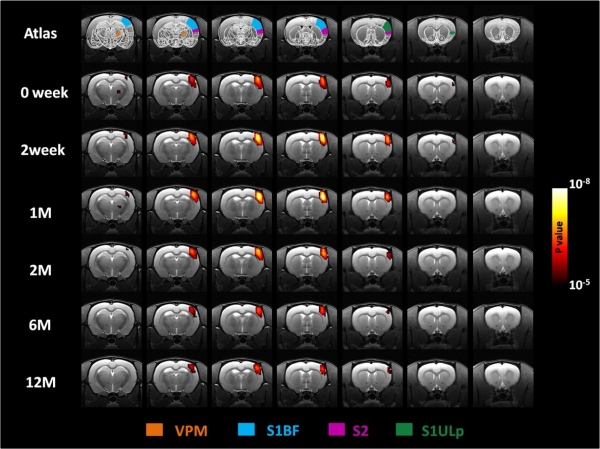The In Vivo Non-Invasive Long-Term Functional Assessment of Neuronal Regeneration in Vascularized Composite Allotransplantation.
1Center for Vascularized Composite Allotransplantation, Chang Gung Medical Foundation, Taoyuan, Taiwan
2Department of Medicine, Chang Gung University, Taoyuan, Taiwan
3Department of Biomedical Engineering and Environmental Sciences, Tsing Hua University, Hsinchu, Taiwan
4Biomedical Imaging and Radiological Science, China Medical University, Taichung, Taiwan.
Meeting: 2016 American Transplant Congress
Abstract number: A95
Keywords: Graft function, Image analysis
Session Information
Session Name: Poster Session A: Clinical Vascularized Composite Allotransplantation
Session Type: Poster Session
Date: Saturday, June 11, 2016
Session Time: 5:30pm-7:30pm
 Presentation Time: 5:30pm-7:30pm
Presentation Time: 5:30pm-7:30pm
Location: Halls C&D
The neuronal regeneration is a key issue of vascularized composite allotransplantation (VCA).
As for the generally used functional observations, behavior testing or invasive functional inspection (e.g. in vivo or even ex vivo electrophysiology) are mostly conducted. Behavior is already a downstream result and thus the behavior testing method has limited discrimination power on the degree of functional recovery. Due to the enormous harm it might cause, neither could a long-term follow-up nor a direct application on human beings be performed in invasive functional inspection, or the performance would sharply decline along with the reduced invasiveness during the clinical application (e.g. the electrophysiology is sensitive, whereas the electroencephalography is not).
Functional MRI (fMRI) is an imperative non-invasive functional assessment of neural activity. Compared with electrophysiology, fMRI has several advantages,including: 1) It is non-invasive and has the highest spatial resolution among all the non-invasive tools for in vivo monitoring of neural functions; 2) Rather than the inspection at a single point, fMRI offers panoramic imaging with spatial information, making it particularly suitable for studying the brain plasticity; 3) It can be translational application in clinical practice.
Nevertheless, due to the high technical difficulties, the literature of the longitudinal assessment fMRI in animal models is even totally absent before this research. Now, the technical difficulties have already been overcome by our research team[mdash]the neural activityof the intact control group (Fig. 1) and the hemi-facial VCA rat model group have been longitudinally assessed over one year with a facial fMRI.

CITATION INFORMATION: Wen C.-J, Lin C.-H, Peng S.-L, Wang F.-N, Huang L.-Y, Cheng H.-Y, Hsu H.-H, Huang X.-T, Lin C.-H, Wei F.-C. The In Vivo Non-Invasive Long-Term Functional Assessment of Neuronal Regeneration in Vascularized Composite Allotransplantation. Am J Transplant. 2016;16 (suppl 3).
To cite this abstract in AMA style:
Wen C-J, Lin C-H, Peng S-L, Wang F-N, Huang L-Y, Cheng H-Y, Hsu H-H, Huang X-T, Lin C-H, Wei F-C. The In Vivo Non-Invasive Long-Term Functional Assessment of Neuronal Regeneration in Vascularized Composite Allotransplantation. [abstract]. Am J Transplant. 2016; 16 (suppl 3). https://atcmeetingabstracts.com/abstract/the-in-vivo-non-invasive-long-term-functional-assessment-of-neuronal-regeneration-in-vascularized-composite-allotransplantation/. Accessed February 27, 2026.« Back to 2016 American Transplant Congress
